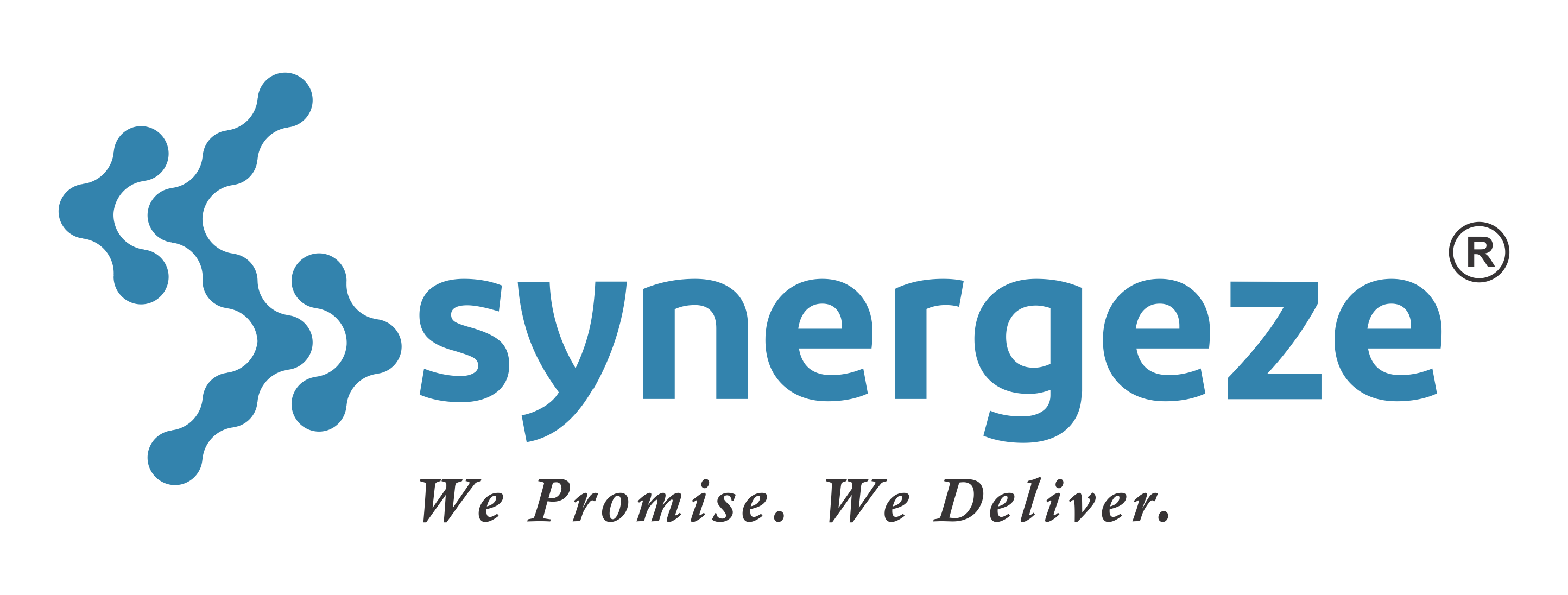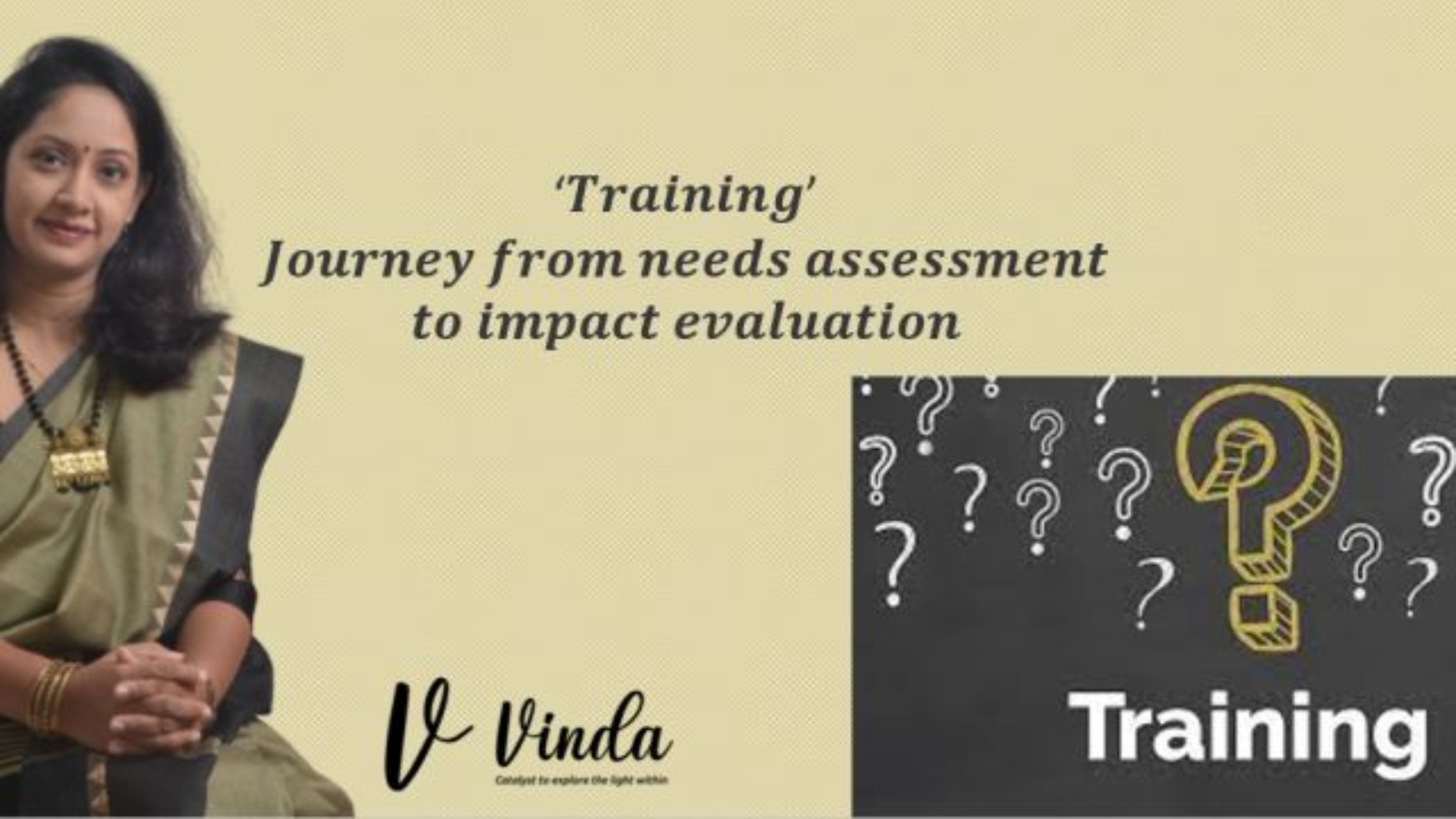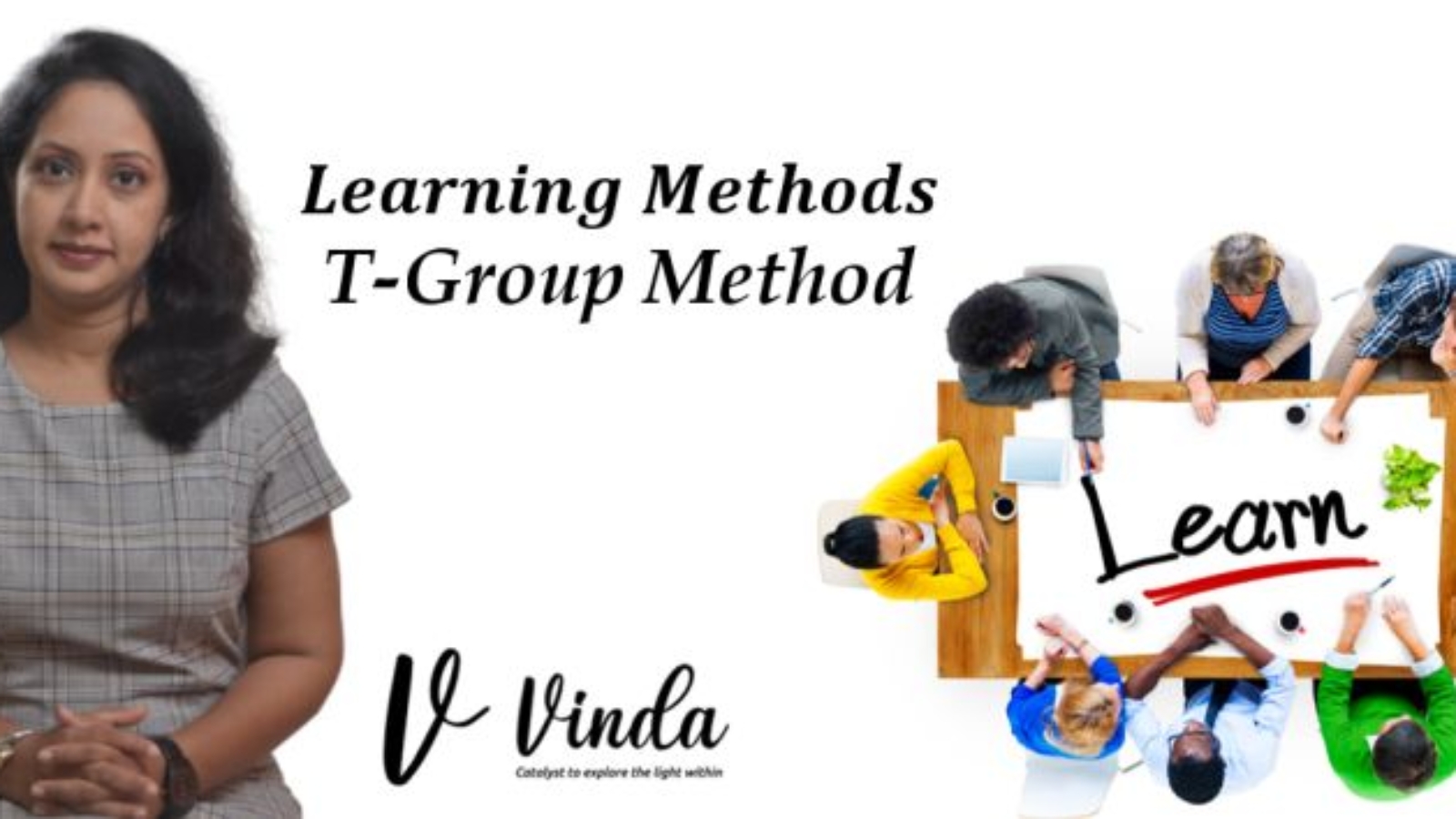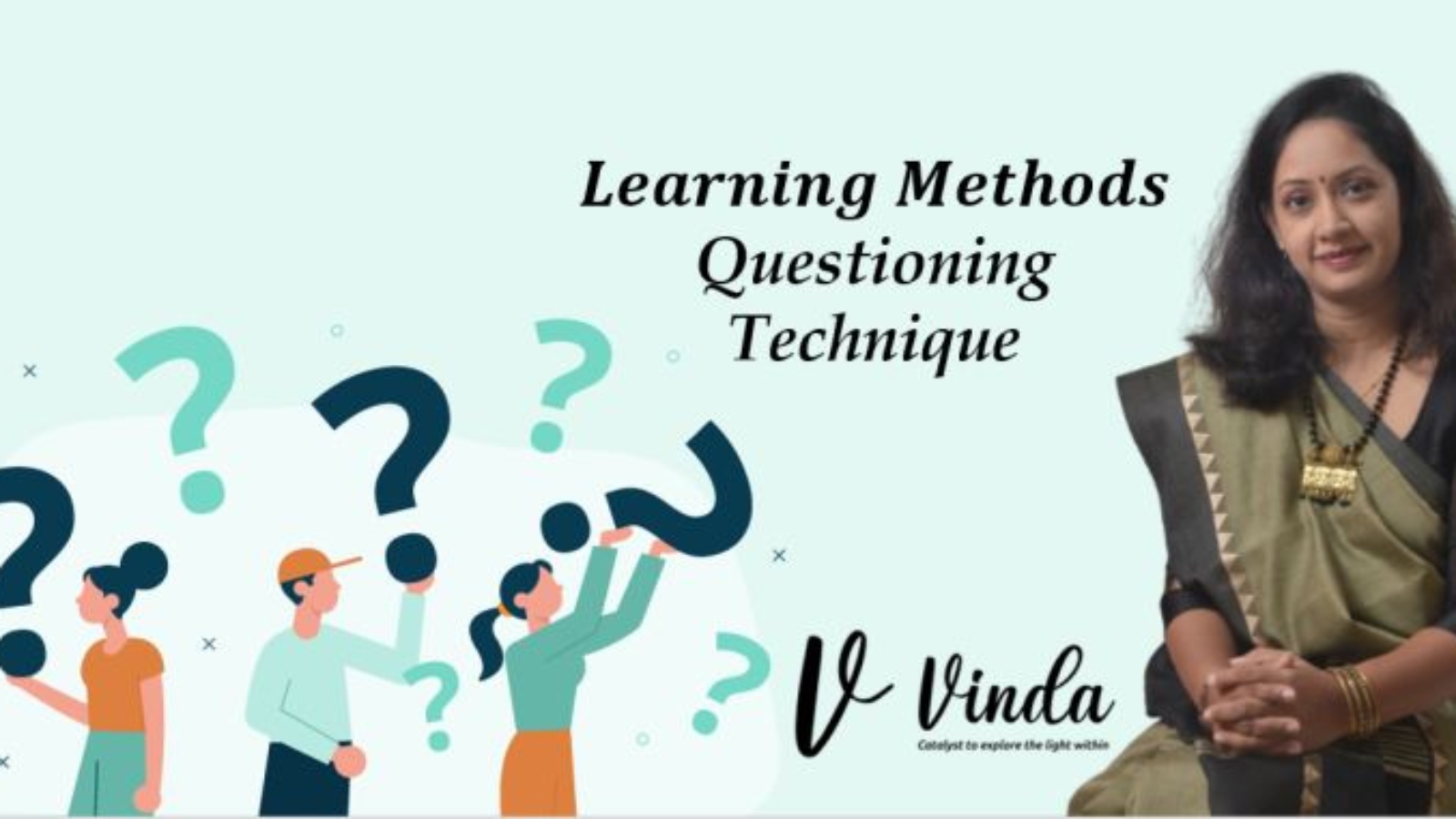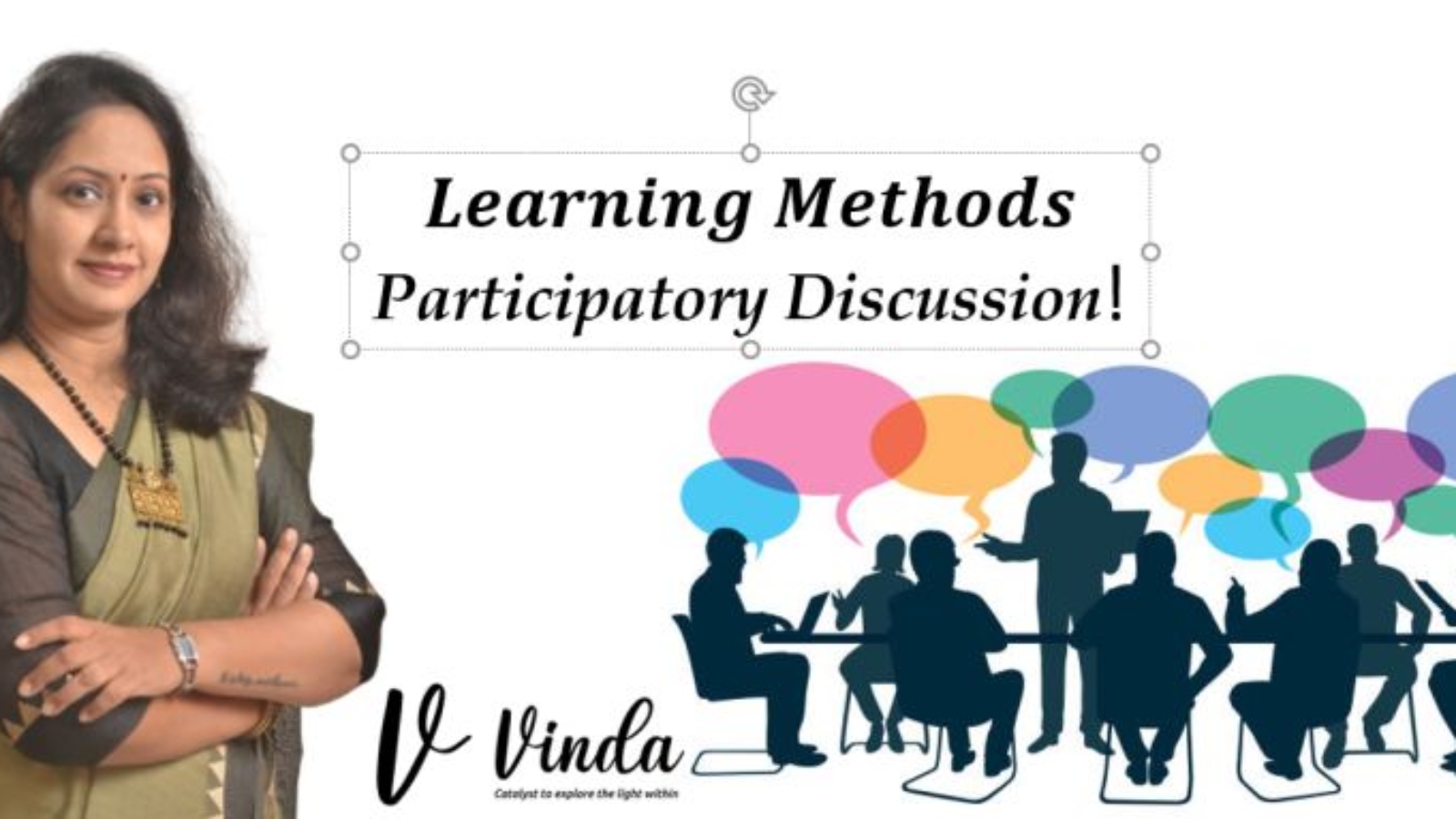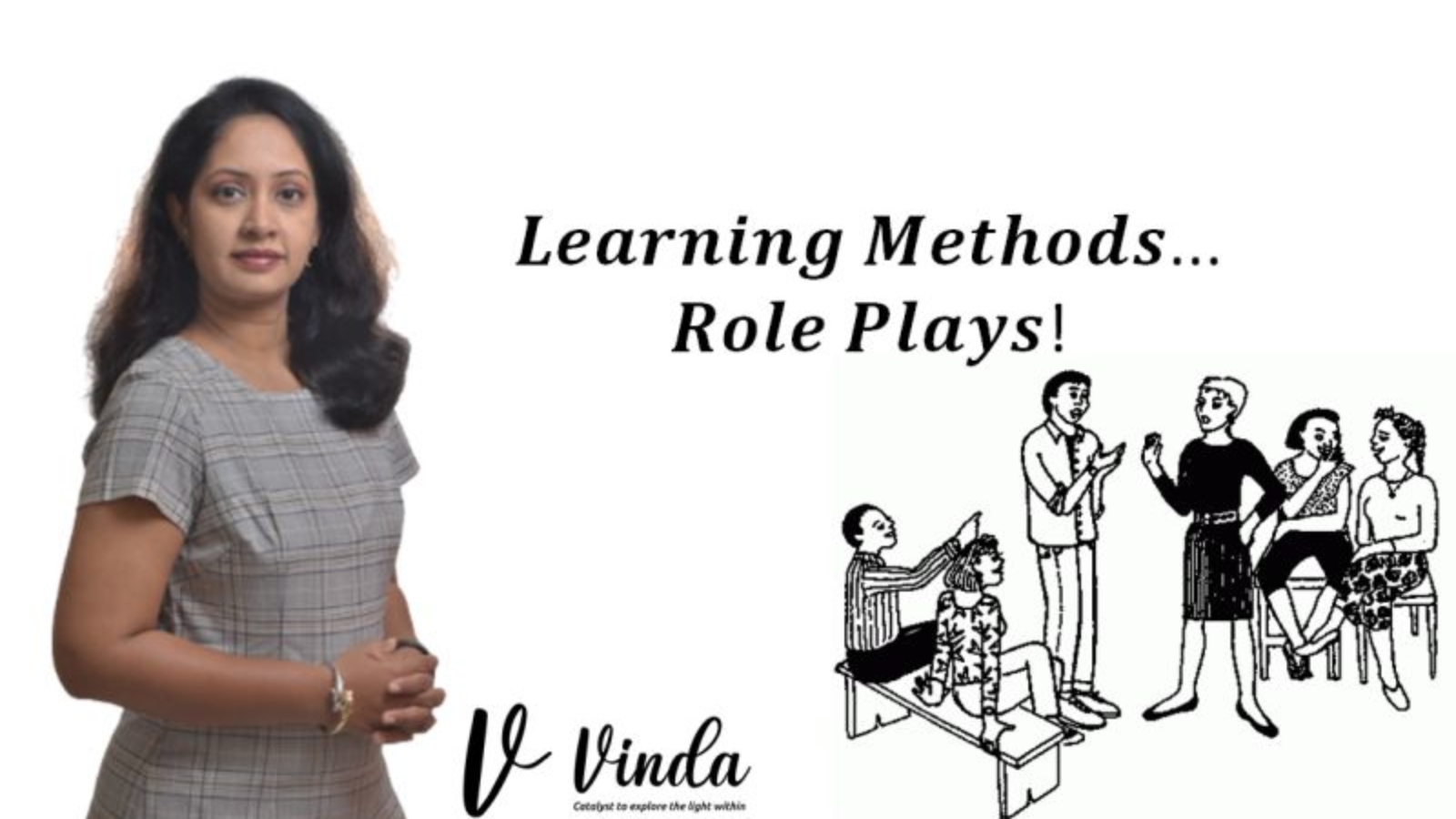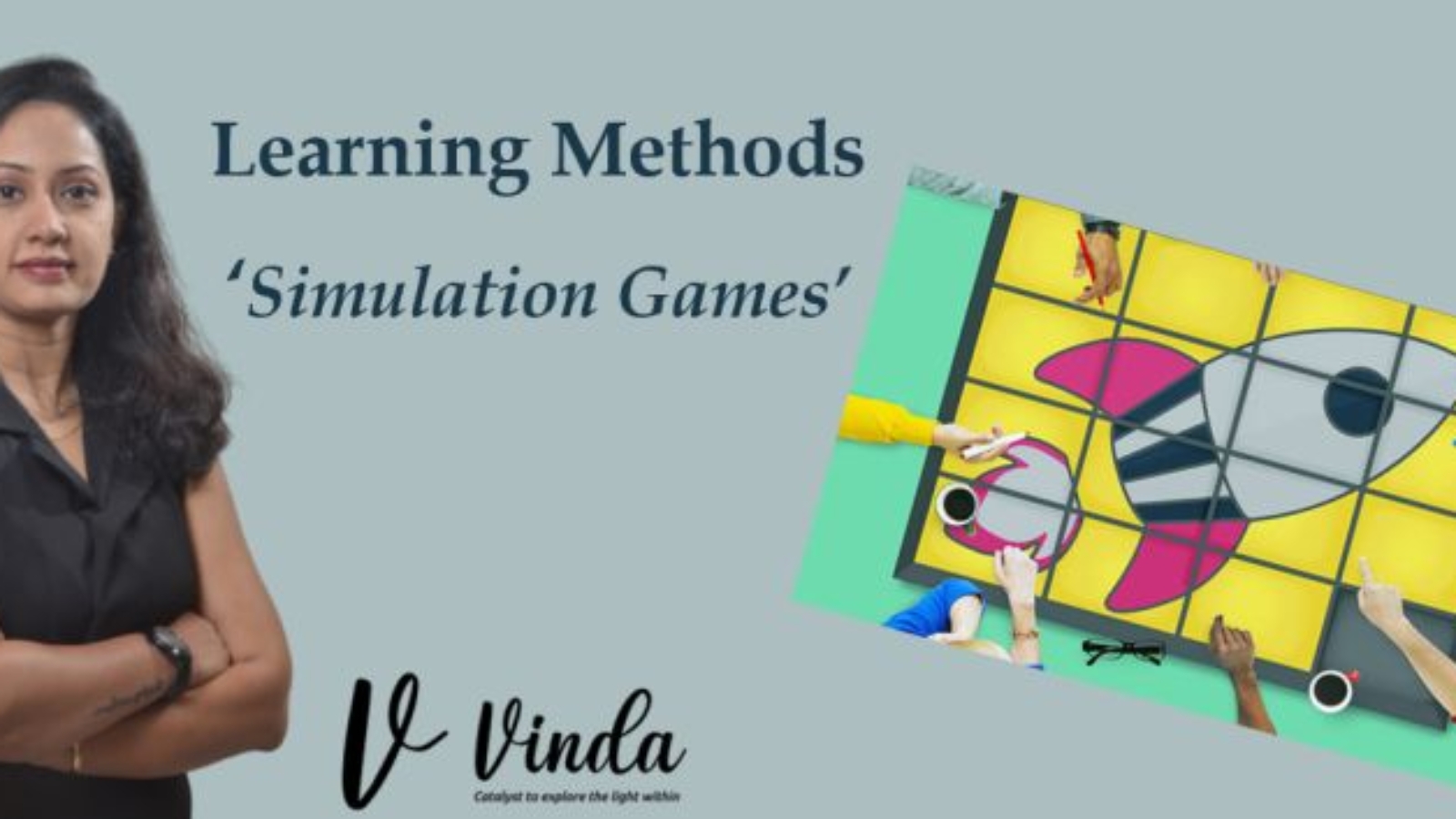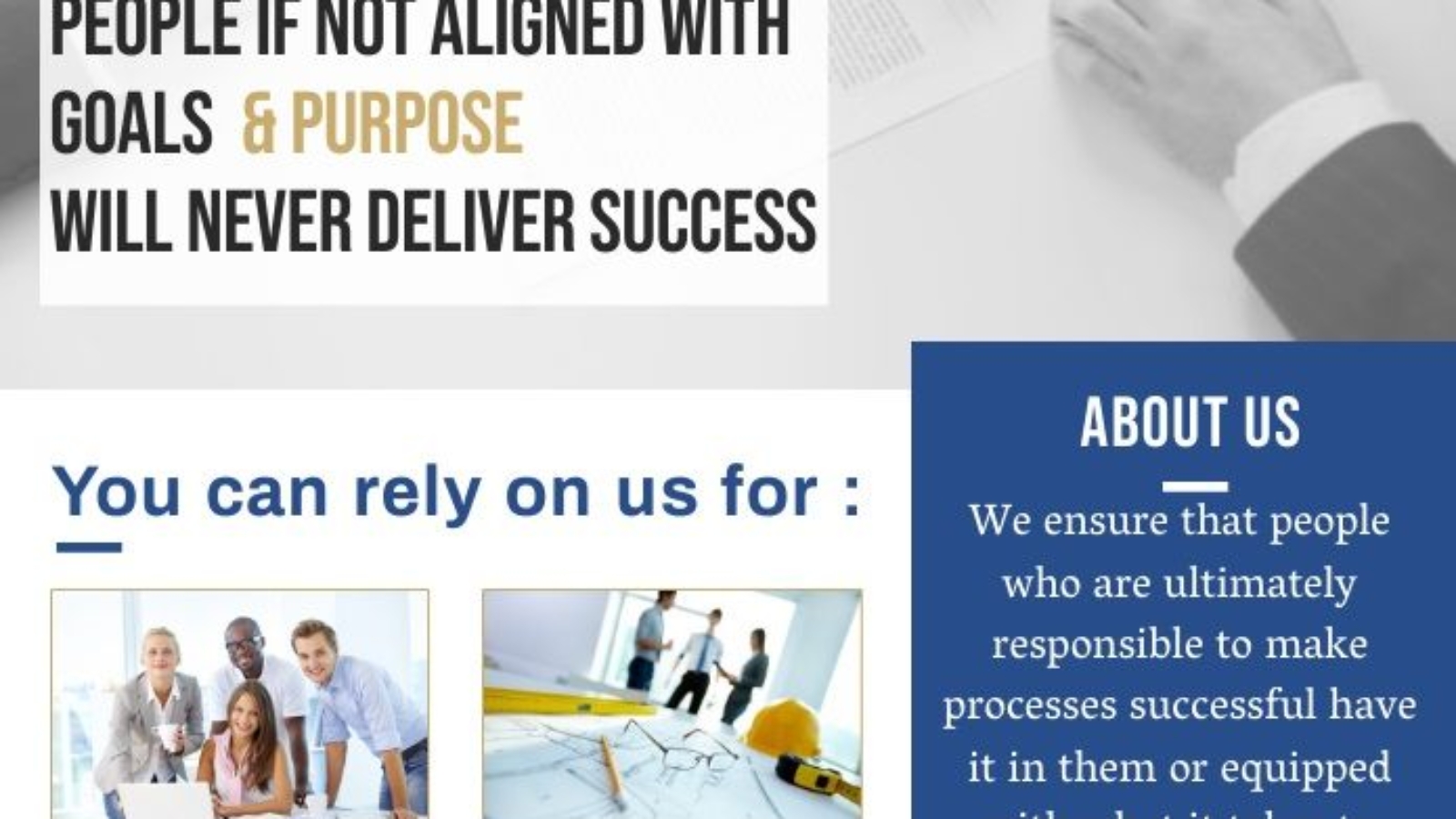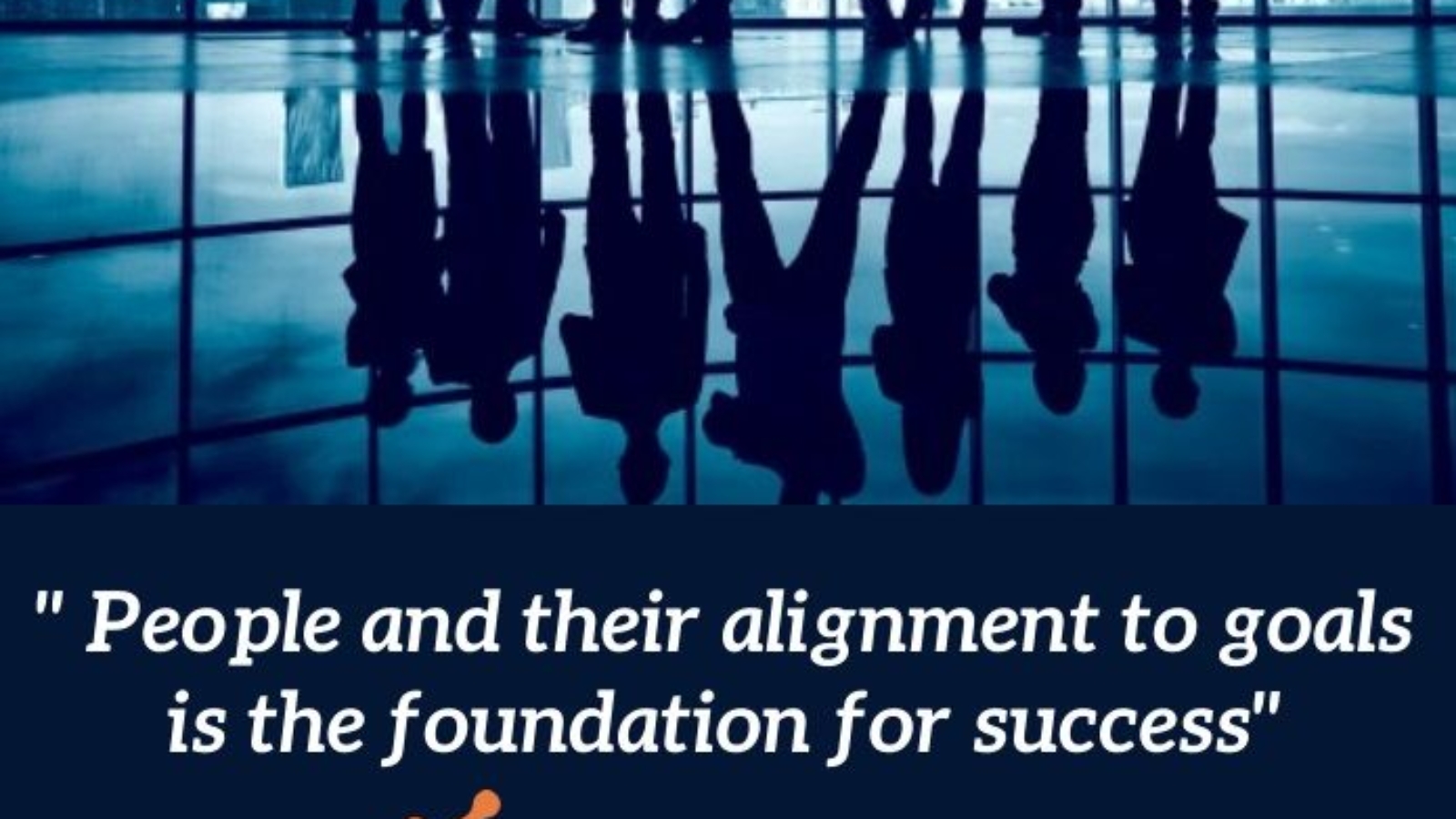𝑻𝒓𝒂𝒊𝒏𝒊𝒏𝒈 – 𝑱𝒐𝒖𝒓𝒏𝒆𝒚 𝒇𝒓𝒐𝒎 𝒏𝒆𝒆𝒅𝒔 𝒂𝒔𝒔𝒆𝒔𝒔𝒎𝒆𝒏𝒕 𝒕𝒐 𝒊𝒎𝒑𝒂𝒄𝒕 𝒆𝒗𝒂𝒍𝒖𝒂𝒕𝒊𝒐𝒏
Lawrence Kleiman defines #training & #development as ‘planned learning experiences designed to provide workers with the competencies needed to perform their current or future jobs’
With this definition, Let’s understand how does the HR Departments go about mapping the #trainingneeds. They need to create conducive environment wherein good performance is rewarded and poor performance is mapped for improvisation. By this they not only build a trustworthy work culture but also create trainees’ interest in enhancing the competencies and skills.
However, organizations look at the training activity in different perspectives. This perspective decides and contributes largely in the impact and result of the training. Some of the popular viewpoints are,
~ 𝘛𝘳𝘢𝘪𝘯𝘪𝘯𝘨 𝘪𝘴 𝘢𝘯 𝘶𝘯𝘯𝘦𝘤𝘦𝘴𝘴𝘢𝘳𝘺 𝘢𝘯𝘥 𝘸𝘢𝘴𝘵𝘪𝘯𝘨 𝘢𝘤𝘵𝘪𝘷𝘪𝘵𝘺 – the cost of training is considered as high and is not commensurate with the benefits derived from it.
~ 𝘛𝘳𝘢𝘪𝘯𝘪𝘯𝘨 𝘢𝘴 𝘢 𝘤𝘰𝘯𝘵𝘪𝘯𝘶𝘰𝘶𝘴 𝘢𝘤𝘵𝘪𝘷𝘪𝘵𝘺 – updating and learning at all levels is a made a priority may it be technology, methodology or behaviour
~ 𝘛𝘳𝘢𝘪𝘯𝘪𝘯𝘨 𝘢𝘴 𝘢 𝘵𝘰𝘰𝘭 𝘵𝘰 𝘥𝘦𝘢𝘭 𝘸𝘪𝘵𝘩 𝘱𝘳𝘰𝘣𝘭𝘦𝘮𝘴 – training happens only when there exists a problem which needs to be solved. The training is taken up with a limited objective and discontinued when the problem is solved.
These perspectives decide their approach towards training and also impacts the interest levels and willingness of the trainees. No learning can take place without an intent of the learner to learn. And the primary onus of developing the right approach lies with HR department.
How and when do they opt for training and how do they go about it? – Will discuss in tomorrow’s post. Till then let me know in the comments section if you want to add to the perspectives mentioned here.
